Exploring the logic and emotion of choosing the right plane.
By their very nature, airplanes are an exercise in compromise. A fast airplane usually needs long runways. A good short-field aircraft is usually draggy enough that its top speed is limited. Aerobatic airplanes aren’t good load-haulers and are usually a little too squirrely for solid instrument work. Great instrument platforms generally have heavy control feel.
No one airplane can be everything to everyone.
Perhaps the three most important things to consider before you buy an airplane, are 1) your capabilities as a pilot, 2) your financial wherewithal to buy, fly, maintain and, yes, insure the plane. And 3) how you plan to use it. Not just once in awhile, but how you’ll use it 95% of the time.
Let’s say, for instance, that you will spend most of your time on local recreational flights, taking in the scenery, giving your friends rides and making the rounds of the local airports and fly-in pancake breakfasts. Chances are pretty good that you don’t want a twin or something pressurized. Even if you get a real steal on the purchase price of a pressurized twin, for example, you’ll quickly find that it’s just not an economical flyabout for local recreational use. Become the owner of the “great buy” on the basis of purchase price alone and chances are you won’t love actually owning it.
Or perhaps you’re going to be doing a lot of long-distance travel, but you’d really love to have a restored classic from the 1930s or ‘40s. You’d be the envy of the ramp. And maybe even an award-winner on the air show circuit. But the operating costs of these planes and the uniqueness of the grand old design mean they can be expensive to operate and hard to get fixed if something breaks away from home. As impressive as it is to taxi up in a Grand Champion, it’s not really the airplane to own if you need to make regular use of business aviation.
One good way to evaluate candidate airplanes is to ask yourself how you plan to use the airplane 95% of the time. Maybe you spend most of your time flying locally but have one or two long trips each year. Are you going to have a good ownership experience spending extra money or suffering from reduced airplane capability most of the time just to have things work out for a handful of flights a year? Or are you better off buying an airplane suited to the vast majority of your flying and taking alternative transportation for those few out-of-the-ordinary trips?
Unless for some reason you are firmly tied to one airplane type, as you consider your decision remember that it’s far better to buy an airplane that you’ll love to own vs. buying the airplane of your wildest dreams just because it’s the one you’ve always wanted to fly.



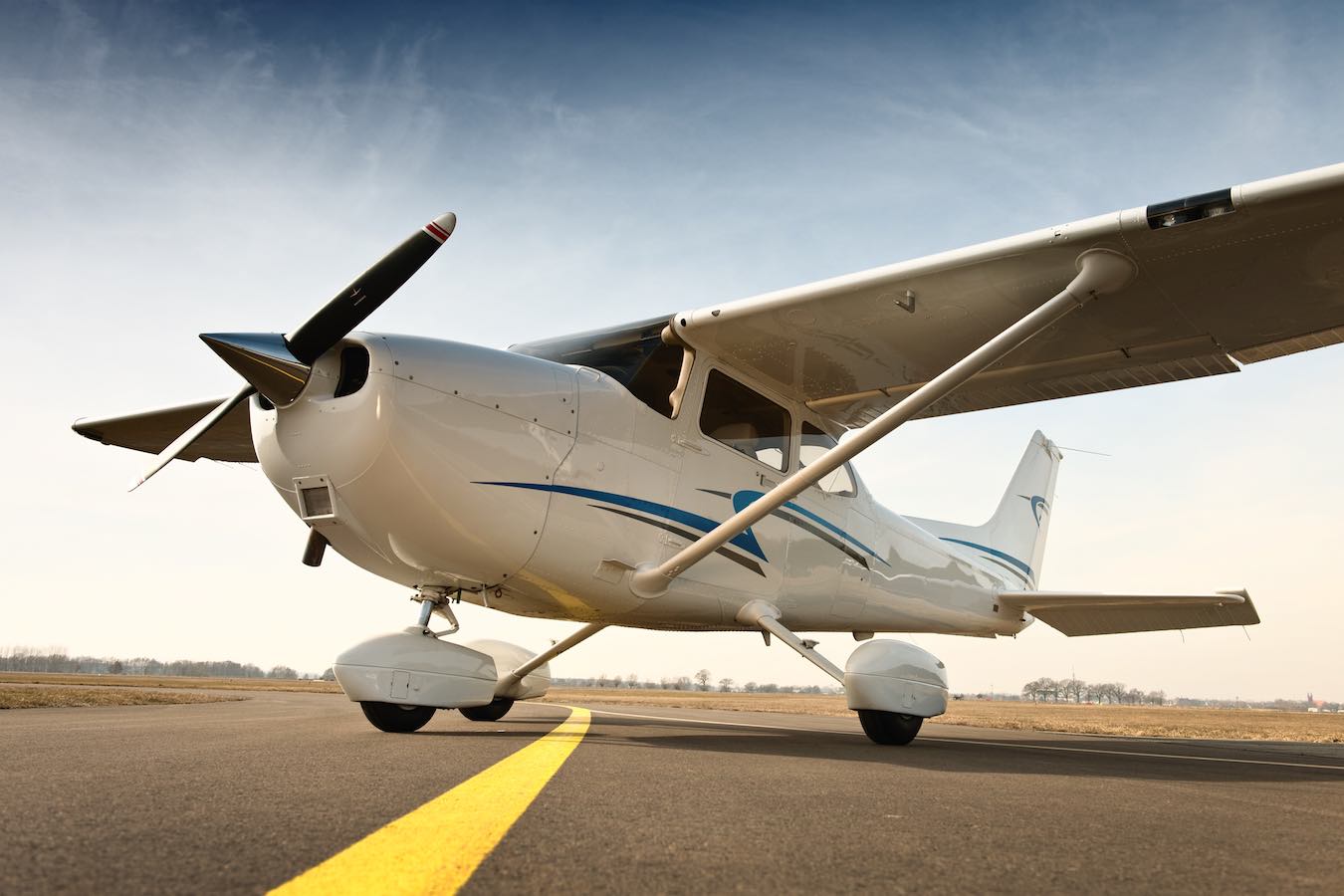
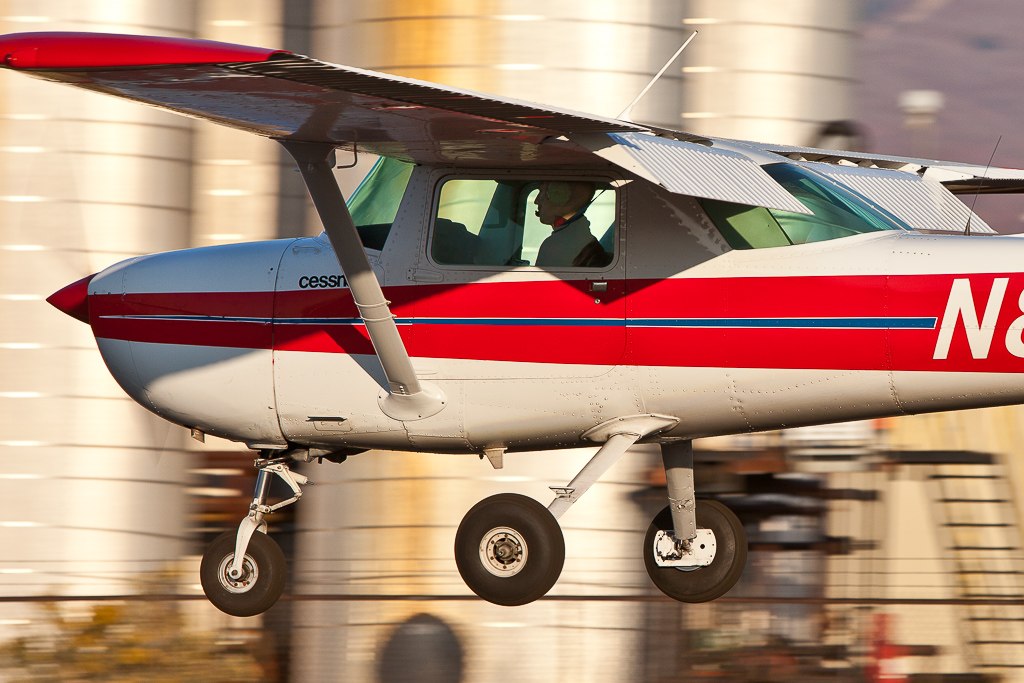
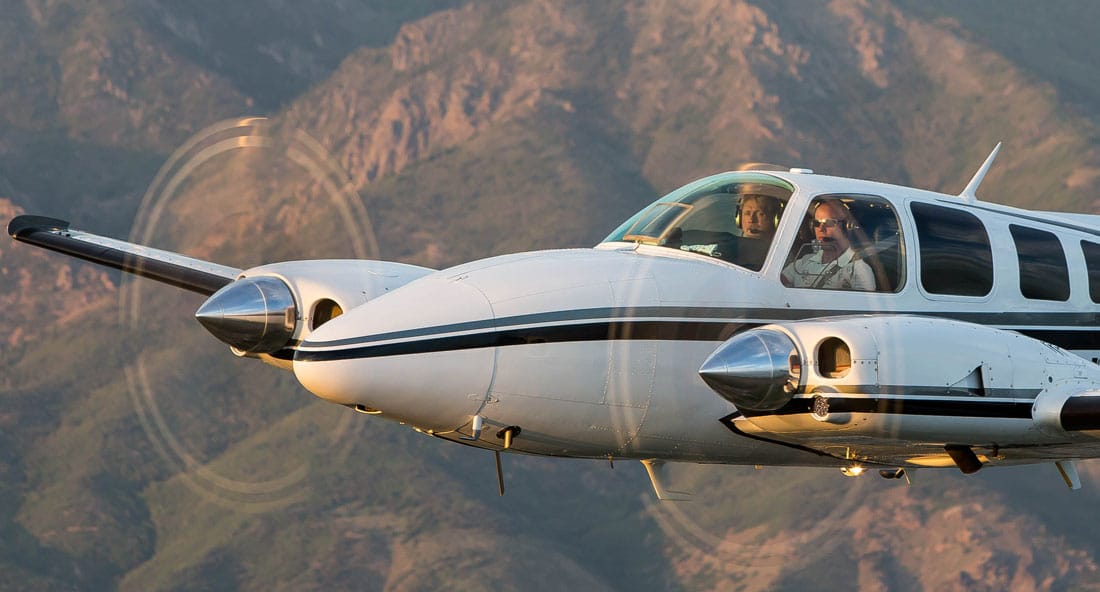
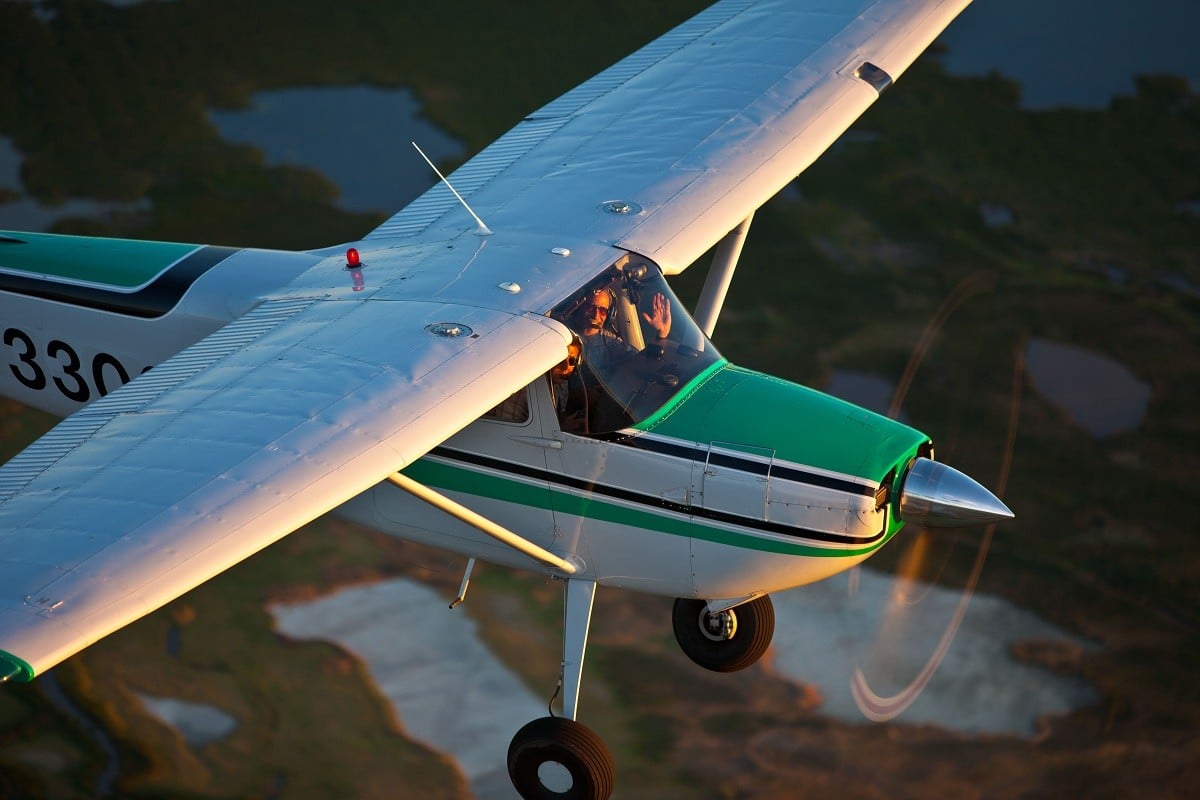
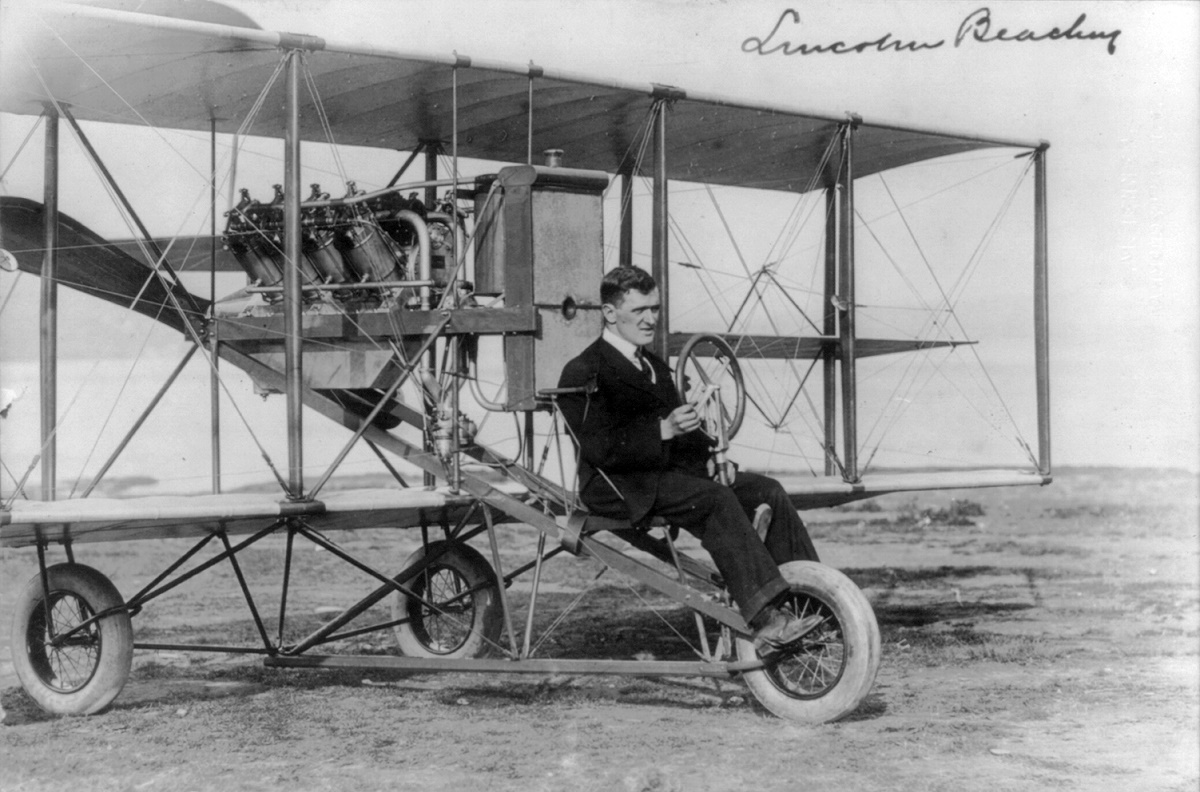
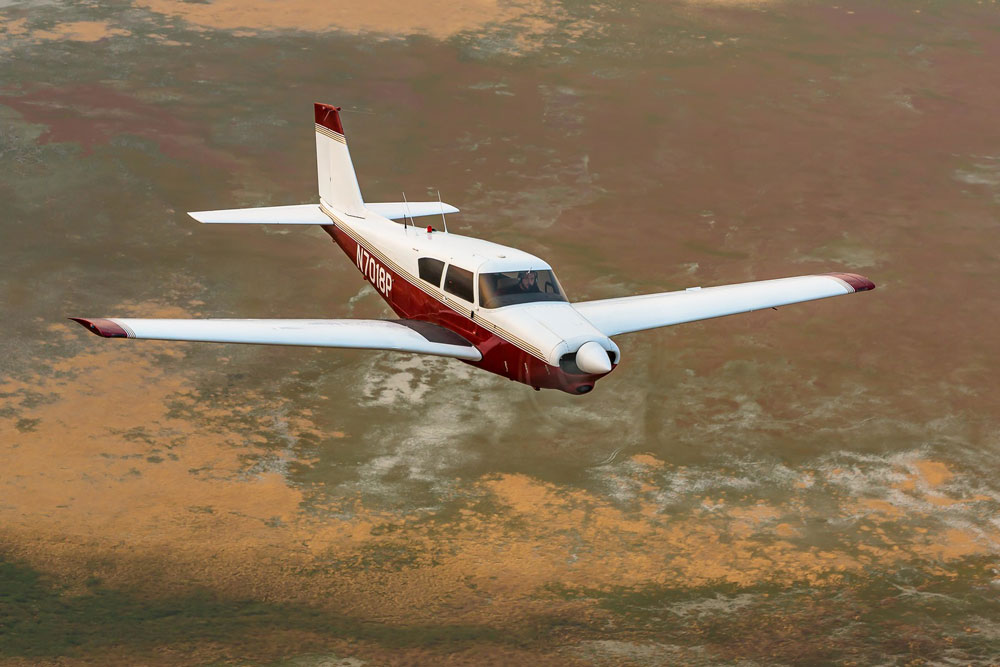
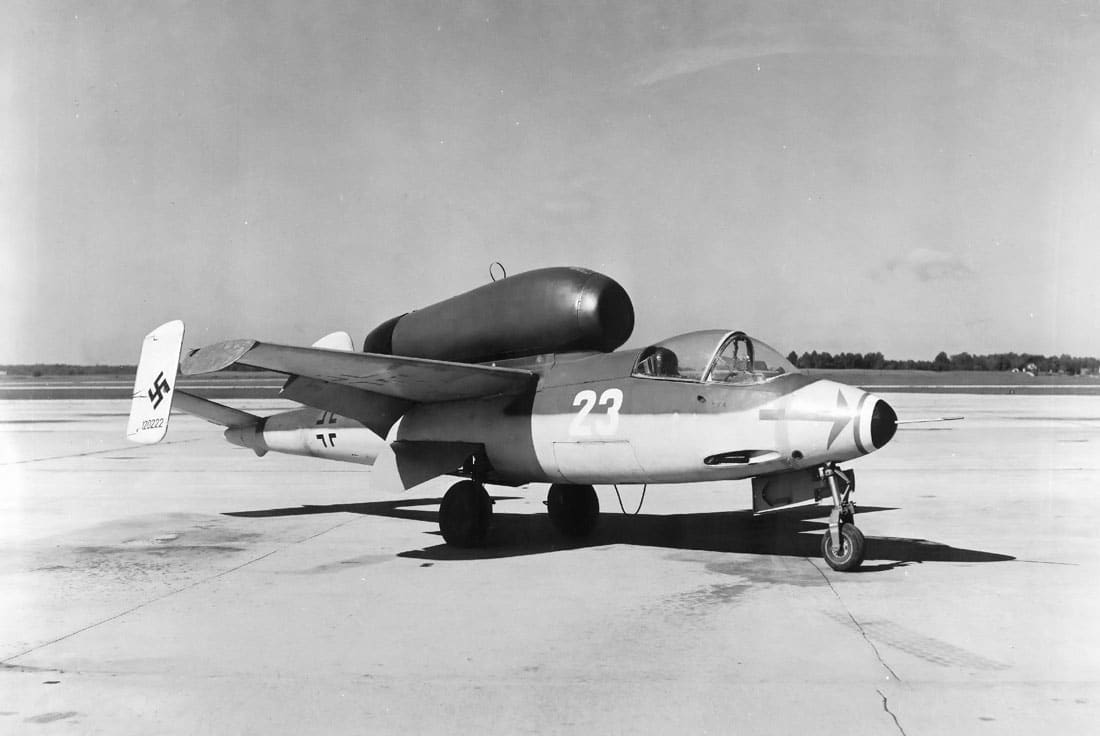
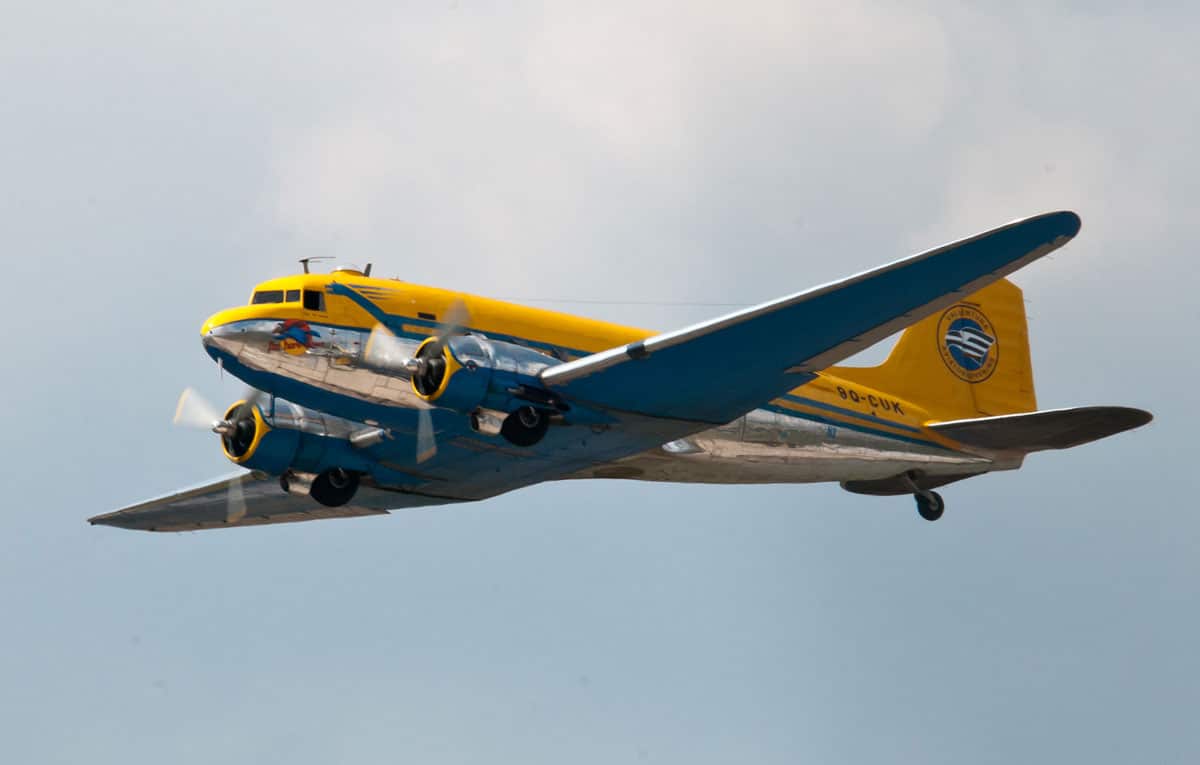
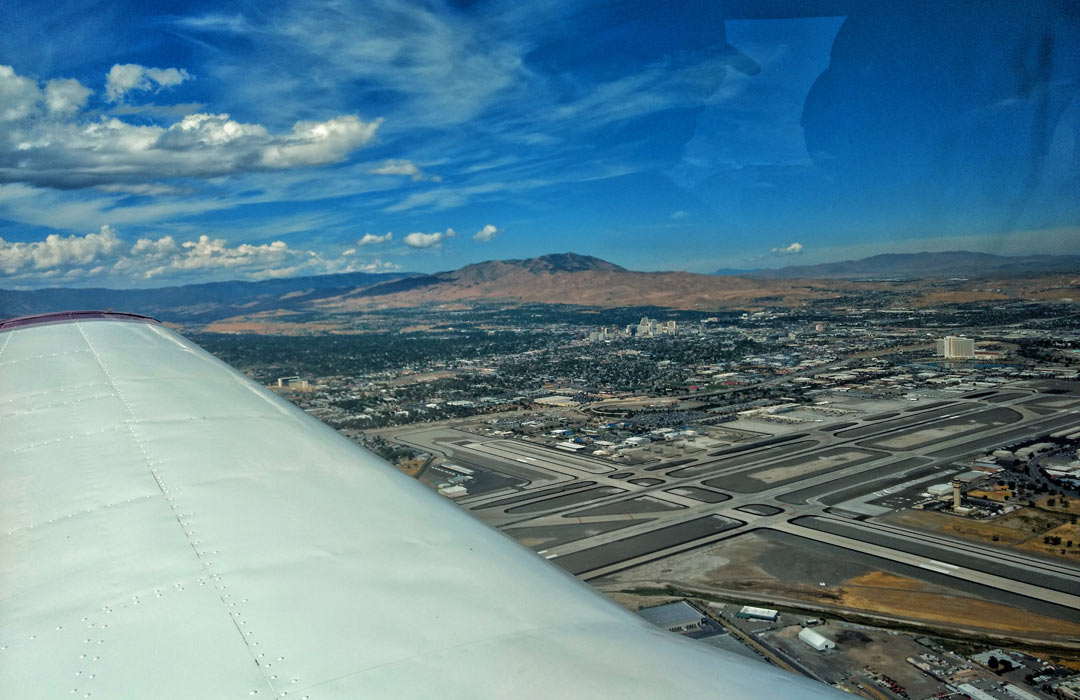

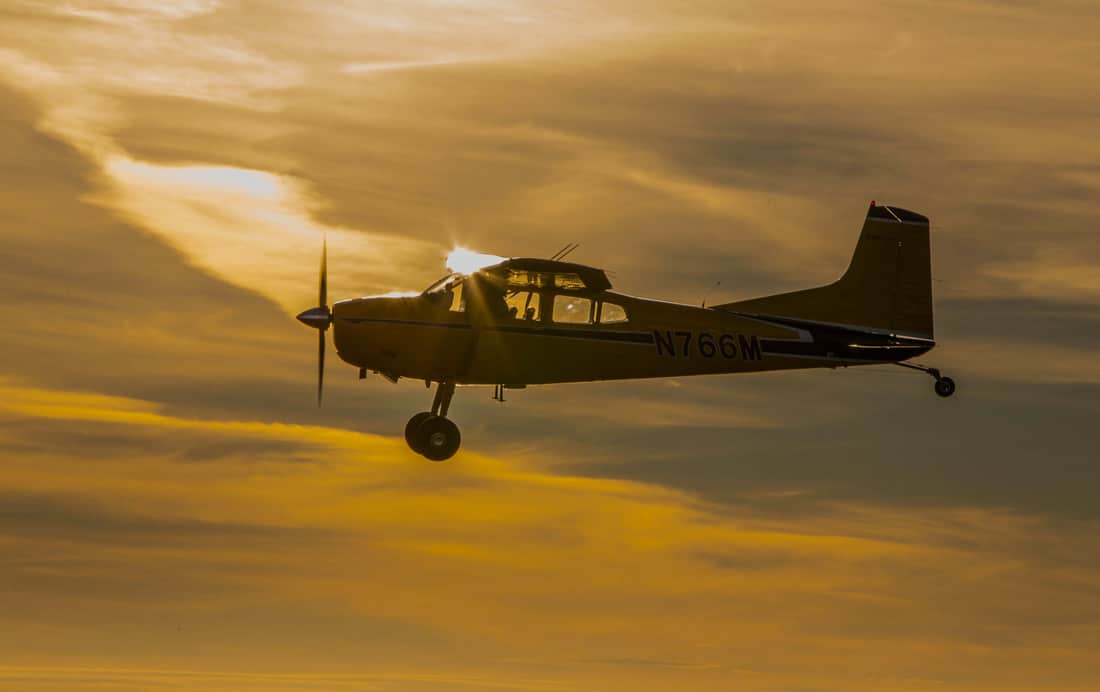

2 Comments